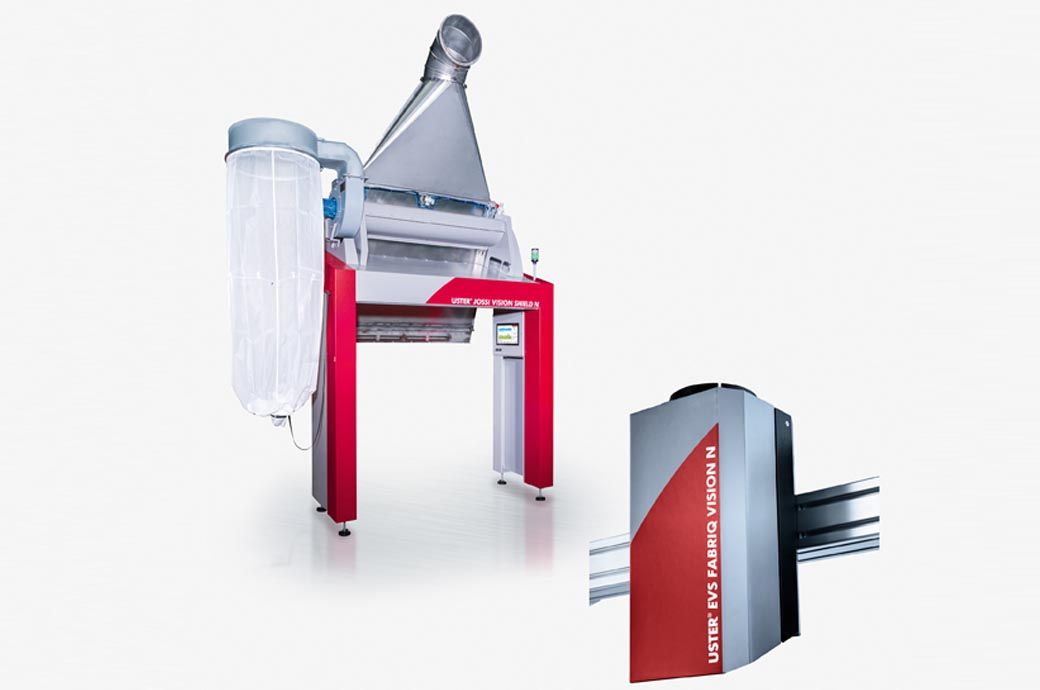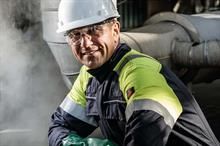
Many nonwovens producers are now seeing the growing business potential in recycled fibres. Profit margins look fine, but getting the quality right is not easy. “It is a proven fact that recycled fibres are still today prone to infinite and inconsistent quality variations. Operating a high-performance contamination sorter in the production line is the best way to ensure an acceptable end-product,” said Mario Siegenthaler, product manager fibre cleaning at Uster Technologies.
Uster Jossi Vision Shield N can detect defects from any light pastel, grayish or brownish base material. It is ideally located directly after the fine opener, exactly the point where contamination cannot hide from the spectroscopes. “We use our know-how and expertise to further develop technologies in the ‘invisible’ range of IR and UV light for our imaging spectroscopes,” added Siegenthaler.
Uster solutions have a two-way approach to superior quality control. Uster EVS Fabriq Vision N comes at the end of the production sequence, for automated detection of all the main defects arising from the process – and any remaining contamination. Even at full line speeds, Uster guarantees reliably high levels of fault detection for nonwovens manufacturers. Fabrics are automatically inspected and graded. It’s total control, preventing any defects in manufacturing from reaching the end-product, the company said in a press release.
The most common defects include unopened fibres, neps, black spots, holes and other issues, all of which are reliably detected by the Uster systems. They prevent raw material losses, second quality production, or – worst of all – customer claims. “Uster EVS Fabriq Vision N ensures reliable fault detection by using automated inspection during the production process – and significantly reduces the risk of customer claims. The system’s ability to capture any visible faults also allows web yield to be optimised,” said Michelle Salg, product manager fabric inspection at Uster Technologies.
Uster’s automated quality monitoring solutions are also attracting interest from the nonwovens machinery manufacturers. “We are proud to say that completed projects show that the Uster Jossi Vision Shield N has a relevant impact on major business goals and influences key performance indicators positively. With our reputation for attention to detail, nonwovens companies are eager to raise their issues for discussion,” Siegenthaler explained.
Nonwovens companies regularly call at Uster exhibition booths to leave samples for testing – or send them in later. “We consider this as a sign of trust. And of course, we like to help and use our expertise to give advices,” said Siegenthaler.
The producers also appreciate the detailed advice of Uster experts on obtaining greatest business value from their investment, by ideally integrating its systems into their production and processing environment. It is this perfect balance between open collaboration within the mill and total confidentiality outside that makes Uster a reliable partner for the nonwovens industry.
Fibre2Fashion News Desk (RR)

